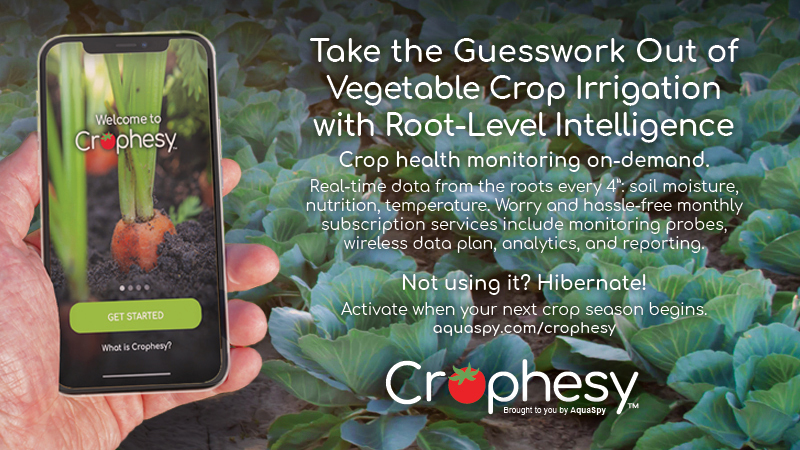One-on-One With the New Chief of California Citrus
Earlier this year, the California Citrus Mutual (CCM) Board of Directors named Casey Creamer as its new President and CEO, succeeding Joel Nelsen, who guided CCM for 37 years. “Joel has taken a relatively small industry and has given us a huge voice,” Curt Holmes, Board Chairman says. “We’ve faced many challenges over the years and have addressed them head on with his energy and passion leading the way.”
Creamer was named to succeed Nelsen after a nationwide search. I recently caught up with the new head honcho at CCM and asked him a few questions.
Q: What should growers know about you?
A: I grew up in Madera, CA. I attended Reedley College and graduated from Fresno State with a Bachelor of Science in Business Administration, with a Marketing Option. I am a graduate of the California Agricultural Leadership Program. I am married to Megan, a Physical Therapist at Valley Children’s Hospital. I have three daughters, McKayla (8), Adalynn (6), Emery (5).

Casey Creamer
Q: What’s one thing growers would be surprised to learn about you?
A: I’m the first generation in my family to not grow up on a farm. My family owned and operated a small dairy in Madera that closed before I was born. I developed my passion for agriculture by not being able to be a part of it as a kid and seeing firsthand the challenges growers have in being able to pass their operations to the next generation.
Q: What’s the toughest issue facing the California citrus industry, and what are your plans to deal with it?
A: The biggest issue facing the citrus industry, and agriculture in general, is the disconnect between the legislature, regulatory agencies, and the general public. California is home to the most innovative and caring farmers in the world, but public perception of these same farmers is not as flattering. We have been broadly defined by our opponents and this negatively affects us in every policy decision. We have been able to develop relationships in many instances that help us overcome these perceptions, but as the California population grows and those who set policy get further and further away from the farm, our advocacy efforts are going to continue to be more difficult. This is why we must be focused on increasing our ability to connect with our urban counterparts.
This is not to dismiss the serious issues we face in the near-term. The threat of Huanglongbing destroying our fresh citrus production, the continuing restrictions on materials that help us fight off this deadly disease, the implementation of the Sustainable Groundwater Management Act, and the overall regulatory burden all create significant frustration and uncertainty on what the future holds for our operations, employees, and our rural communities.
My plan to address these issues is not new, but it’s also not as easy as it sounds. The agriculture community is very diverse and individualistic by nature, but I believe our future success will depend on being able deal with our differences internally so that we can be better aligned on our biggest needs. This means that Citrus Mutual, commodity groups, farm bureaus, and water agencies must be vehicles for differing viewpoints to come together both internally and across our allied organizations.
I also believe that we must be able to communicate more effectively with the growing number of policy makers that have very little understanding of agriculture. When we market our citrus to our consumers, we focus on the messages that appeal to them, not necessarily what sounds good at the farm. Advocacy is the art of being able to affect change. We must market our issues and concerns in a manner that is comprehensible to others and impacts the majority of decision makers in way that affects positive change.
Our job was much simpler when the majority had a vast understanding of agriculture. Times have changed, and it is now upon us to understand our consumers to better sell our needs. This means making relationships with those who may not be our friends today. We won’t win everyone over, nor should we try. However, I remain optimistic there is room for continuous improvement through the development of what may seem like today, unlikely partnerships.









